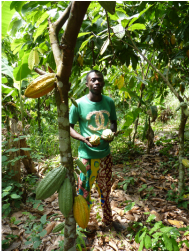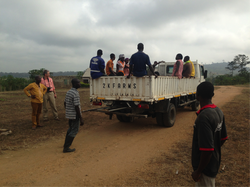
Join the Farm Channel and Praxis Africa on Tuesday June 24 at the Civil Servant Association Conference room opposite the Ministries Taxi Rank on 24th June, 2014, at 2pm. To learn more about our new media partnership with Mulit TV.


 RSS Feed
RSS Feed